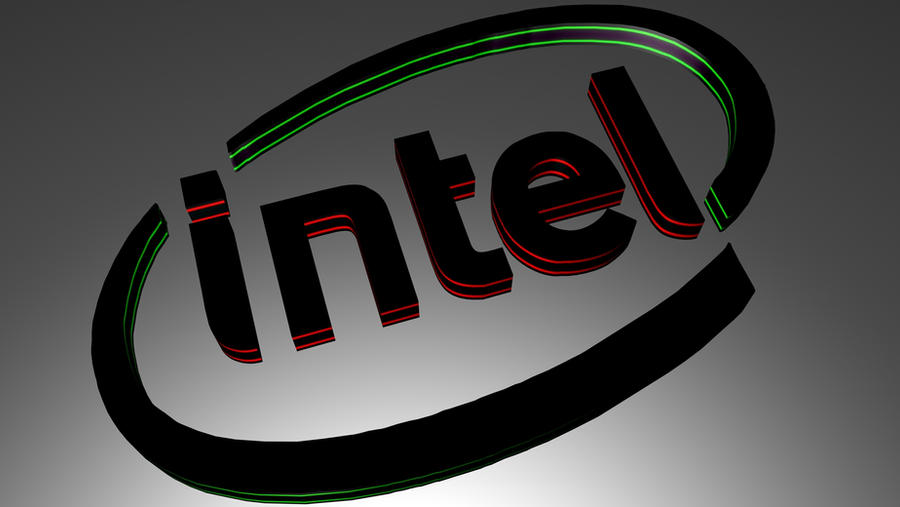

By Asmita - Aug 07, 2025
President Donald Trump publicly demands the resignation of Intel's CEO, Lip-Bu Tan, over alleged ties to Chinese companies, prompting a 5% drop in Intel's shares. Tan faces scrutiny regarding ties to Chinese firms, including those linked to the Chinese military, amplifying concerns about U.S. national security risks. The controversy unfolds amid Trump's push for tighter control over the semiconductor industry and plans for a 100% tariff on imported chips, as Intel navigates leadership changes and strategic shifts under Tan's direction.

Intel logo via DevianArt
LATEST
President Donald Trump has publicly called for the immediate resignation of Intel's CEO, Lip-Bu Tan, labeling him as "highly conflicted." The former president made this demand in a post on his social media platform, Truth Social, stating, "There is no other solution to this problem." This came in the wake of concerns raised by U.S. Senator Tom Cotton about Tan's alleged ties to Chinese companies. Trump’s critical statement added to the mounting pressure on Intel as the company navigates a challenging period marked by leadership changes and strategic shifts. Following Trump's announcement, Intel's shares plunged by approximately 5% in premarket trading, reflecting investor unease over the controversy.
Lip-Bu Tan took over as Intel’s CEO in March 2025, inheriting a company struggling to regain its footing in the competitive semiconductor industry. Tan, who is a venture capitalist with extensive experience in the semiconductor sector, has been tasked with reviving Intel’s fortunes. However, his previous roles and investments have come under intense scrutiny. Senator Cotton sent a letter to Intel's board chairman, Frank Yeary, voicing concerns about Tan's financial interests in hundreds of Chinese advanced manufacturing and semiconductor firms, including at least eight companies reportedly linked to the Chinese People's Liberation Army. Cotton questioned whether Intel had urged Tan to divest from these firms to avoid conflicts of interest, and asked about any subpoenas or further affiliations Tan might have with China.
The controversy deepened with revelations about Cadence Design, a company where Tan served as CEO until 2021. Cadence Design recently admitted to violating U.S. export laws by selling chip design tools to a Chinese military university. This has compounded the concerns about Tan’s connections and the potential risk they pose to U.S. national security. Trump’s call for resignation is seen as part of a broader effort to assert greater control and scrutiny over the semiconductor industry, which is critical for national security and technological leadership. Trump has also announced plans to impose a 100% tariff on imported chips, signaling a tough stance on China-related issues within the sector.
Intel has not yet officially responded to Trump's demand. The company is currently undertaking a major strategic reset under Tan's leadership, which includes workforce reductions and reconsidering investments in manufacturing facilities. Despite receiving significant government funding to spur domestic chip production, the firm is now facing increased scrutiny from both political and investment communities. Industry observers note that the situation is unprecedented, as it is rare for a sitting U.S. president to publicly call for the removal of a corporate CEO. The stock market reaction highlights investor sensitivity to the potential instability this controversy could bring to one of the cornerstone companies in the American technology landscape.